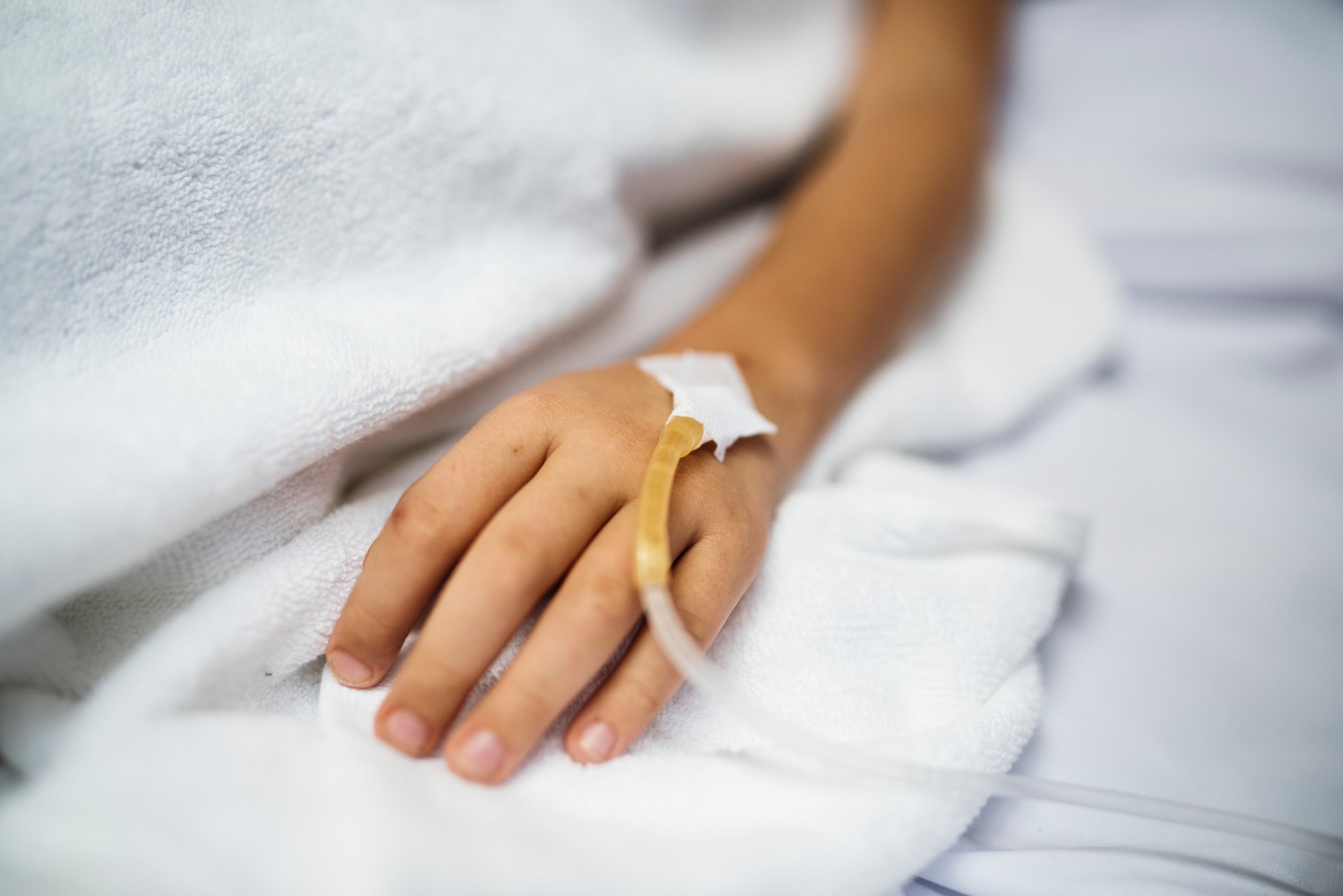Yes - Acupuncture Can Help with #2, Too.
/Nothing is worse than a pain in the butt. Literally.
Though often not discussed, hemorrhoids are a problem that are believed to affect at least 50% of the US population at some time in their adult life. While most people keep them private, if you’re suffering — you’re far from alone.
Hemorrhoids can range from being itchy, to being extremely painful depending on the type (internal or external) and the size. Those who suffer from them are eager to find relief and treatment, and fast. While conservative treatment is always recommended initially, unfortunately many patients need to undergo surgical treatment or repair known as a hemorrhoidectomy.
But before taking any of those steps, acupuncture can help.
Because a leading cause of hemorrhoids is inflammation and swelling (something acupuncture combats quite well) a simple, noninvasive treatment may be all you need for relief.
In fact, according to AcupunctureToday.com, in addition to the traditional approach of acupuncture treatment for hemorrhoids —while utilizing one, or a combination of the Du Mai points 1 ,2 ,3, 4, 5 and 6 is effective, there is also a “One-Point, One-Minute Acupuncture” method that might do the trick, too.
Developed by Carolina Beth, LAC, the Dua Mai 4 point (also known as Mingmen or Life’s Gate) is utilized. Located within the lumbar region near the second lumbar vertebra, it’s a powerful point also known to be used for importance, menstruation issues, diarrhea, and back pain. Manipulation of this point via acupuncture “increases the vital Yang energy of the patient, a therapeutic effect, which is very useful in this treatment of hemorrhoids,” says Beth.
Using her technique, the point is manipulated for one minute only, with the needle being stimulated by steady movement back and forth for the entire sixty seconds. Beth shares two case studies that demonstrated the reported effectiveness, including a 62 year old woman who struggled with hemorrhoids since pregnancy at age 26. With only one session, she reported being free of any symptoms over the course of the next seven months.
If you are suffering from hemorrhoids, give us a call and make an appointment. While our approach might be a bit different — we are eager to help restore health and happiness to all our clients.





















